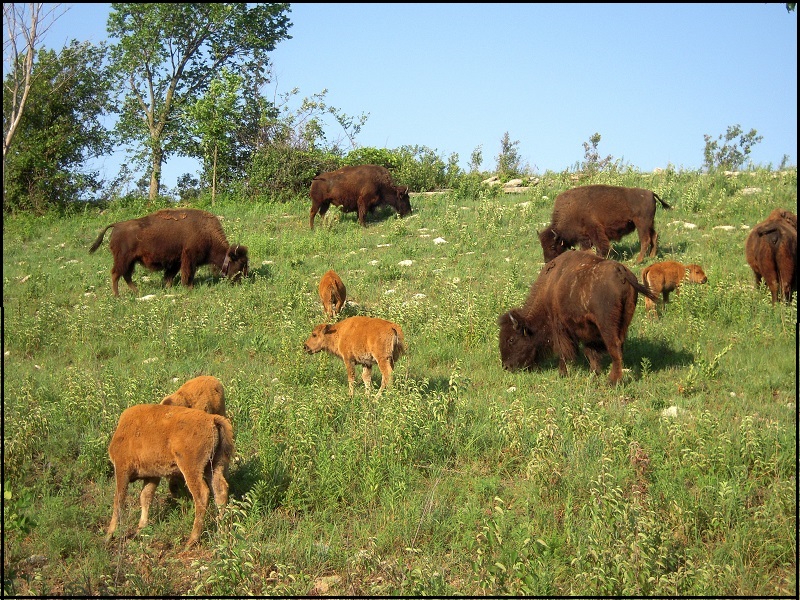
The National Science Foundation's Long Term Ecological Research (LTER) Program began funding research in 1981 after a series of workshops and planning meetings in the late 1970s (Callahan 1984). The value of, and need for, long-term ecological studies had been recognized for many years by ecologists (Likens 1983; Franklin 1989). Rationale for development of the LTER program included explicit recognition of the low rate of change of many significant ecological processes, the importance and prevalence in most ecosystems of rare events and episodic phenomena with long return intervals, the tremendous interannual variability of many ecological processes, and the value of long-term databases for providing the context for shorter term studies. The LTER program was designed to support a multidisciplinary approach to addressing long-term questions in a wide variety of biomes in North America and beyond. Both site-based and coordinated research among the network of LTER sites (numbering 28 in 2018) are enhancing our understanding of ecological phenomena and processes operating over broad spatial scales, as well as long-time scales (Hobbie et al. 2003).
LTER Core Areas
All LTER sites conduct research in 5 general "core" areas established at the start of the LTER program (Callahan 1984). These core areas focus on understanding and documenting (1) patterns and controls of primary production,(2) spatial and temporal dynamics of key populations, (3) patterns and controls of organic matter accumulation in surface layers and sediments, (4) patterns of inorganic input and movements through soils, groundwater, and surface water, and (5) patterns and frequency of disturbances to the system. Within the broad areas, sites are free to focus on the biota processes most relevant to their specific site. For example, LTER research at Konza Prairie focuses on fire, grazing and climatic variability as essential, interactive drivers of ecological processes in mesic grassland ecosystems.
References
Callahan, J. T. 1984. Long-term ecological research. BioScience 34:363-367.
Franklin, J. F. 1989. Importance and justification of long-term studies in ecology. Pages 3-19 in G. E. Likens, editor. Long-Term Studies in Ecology. Springer-Verlag, New York, New York, USA.
Hobbie, J. E., S. R. Carpenter, N. B. Grimm, J. R. Gosz and T. R. Seastedt. 2003. The US Long Term Ecological Research Program. BioScience 53:21-32.
Knapp, A. K., J. M. Briggs, D. C. Hartnett and S. C. Collins (eds.). 1998. Grassland Dynamics: Long-Term Ecological Research in Tallgrass Prairie, Oxford University Press, New York, USA.
Krebs, C. J. 1991. The experimental paradigm and long-term population studies. Ibis 133 (Supplement 1):3-8.
Likens, G. E. 1983. A priority for ecological research. Bulletin of the Ecological Society of America 64:234-243.
